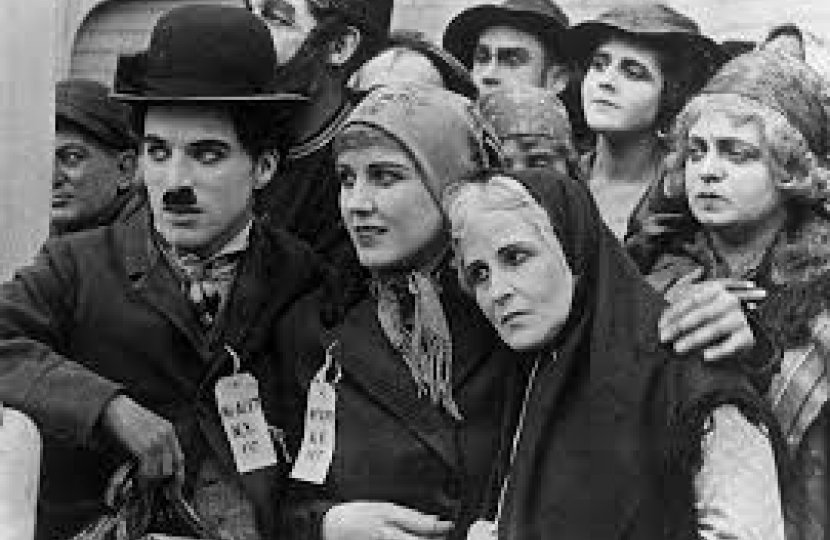
Forget “Poldark”, don’t bother with “Bake Off”, the latest drama to hit our screens is “Down Town”. It’s the story of Sandwell’s seventy socialist councillors and a man from UKIP.
If art mirrored life this should be a piece full of conflict, power, pride, seething passions, deceit and betrayal. Unfortunately, as the last episode, “The October Full Council Meeting” showed, a censor’s red pencil has filleted the script depriving it of all tension and drama. The direction is tight. The cast’s performance mechanical and lifeless. Most councillors play non speaking walk on parts, for them it’s a silent movie.
Director Steve Eling, following in the footsteps of Alfred Hitchcock, assigns himself a small cameo role as The Leader. Though short on dialogue, Eling manages to convey an aura of control, even of menace at any mention of his deceased predecessor, Darren Cooper.
Eling seems anxious to distance himself from past productions in which he had played Cooper’s loyal deputy. While those who now mention the forbidden name of the lost Leader do so with an air of defiance and as if in anticipation of future retribution.
The script is weak in many parts. When The Leader describes the dramatic departures from the council of the deputy chief executive, of the head of legal services and chief monitoring officer and of the head of housing services, his words are mock stirring; “We move forward in a forward looking direction, I have to say, on a positive agenda” Still it was reassuring that he was looking where he was going.
The leading lady, Madame Deputy Mayor (played by Cllr. Susan Downing) is less sure footed in her performance. She chairs the meeting. At times she has to rely on her prompter, The Chief Executive (played by Jan Britton) to remind her to call for a vote. Her hesitance was understandable because she and everyone else knows what the outcome would be. Towards the end, in boredom, she gives up asking for abstentions or those against. She knows no one will dare.
The Chief Executive’s part is little more than a walk on but Mr. Britton manages to convey the avuncular concern of one used to dealing with those who are not the brightest buttons in the box but on whom he is reliant for his very large salary.
A number of councillors provide oral reports from the outside bodies on which they serve, seeking to justify the extra £25-£50k they each rake in annually from these sinecures. They present the activities of these bodies as being so tedious that they, as members of them, should be deserving of public sympathy. Sadly, these performances left the audience dry eyed.
The only moment of frisson comes with a question from Cllr. Steve Melia (playing himself). Melia can forget his lines and tends to improvise which can disturb his fellow actors. He wants to know why Sandwell had not followed Walsall in getting a court order enabling eviction of travellers within 24 hours. The Leader is not getting involved in that and swiftly passes the buck to Mr. Regeneration (played by Cllr. Paul Moore). The response is a monologue on travellers which would have had its listeners rushing for the exits but for the forbidding gimlet eye of The Leader. By the end of this tedious dissertation, as the cause of it, Melia and travellers are even less popular than before.
Those who remember the comedy “Are You being Served” will recall young Mr. Grace whose catchphrase to staff was “You’ve all done very well” In the Sandwell saga, young Mr. Grace is played by Cllr. Peter Hughes. No meeting passes without Cllr Hughes commending the officers, the council and, by implication, backslapping himself for this that or the other. The original role was comic, Cllr Hughes’ interpretation is more than a little creepy.
The meeting ends with The Landlady (Cllr Linda Horton) presenting a petition for a hospice in Sandwell. A significant percentage had expressed the wish to die in Sandwell, she says. Madame Deputy Mayor suddenly looks about to call for a vote. But the moment passes. By now The Leader is fiddling with his mobile and it is time to go.
Watch this episode on the council’s web site and decide whether the production is worth the money and why we need so many automata extras to run the borough.
